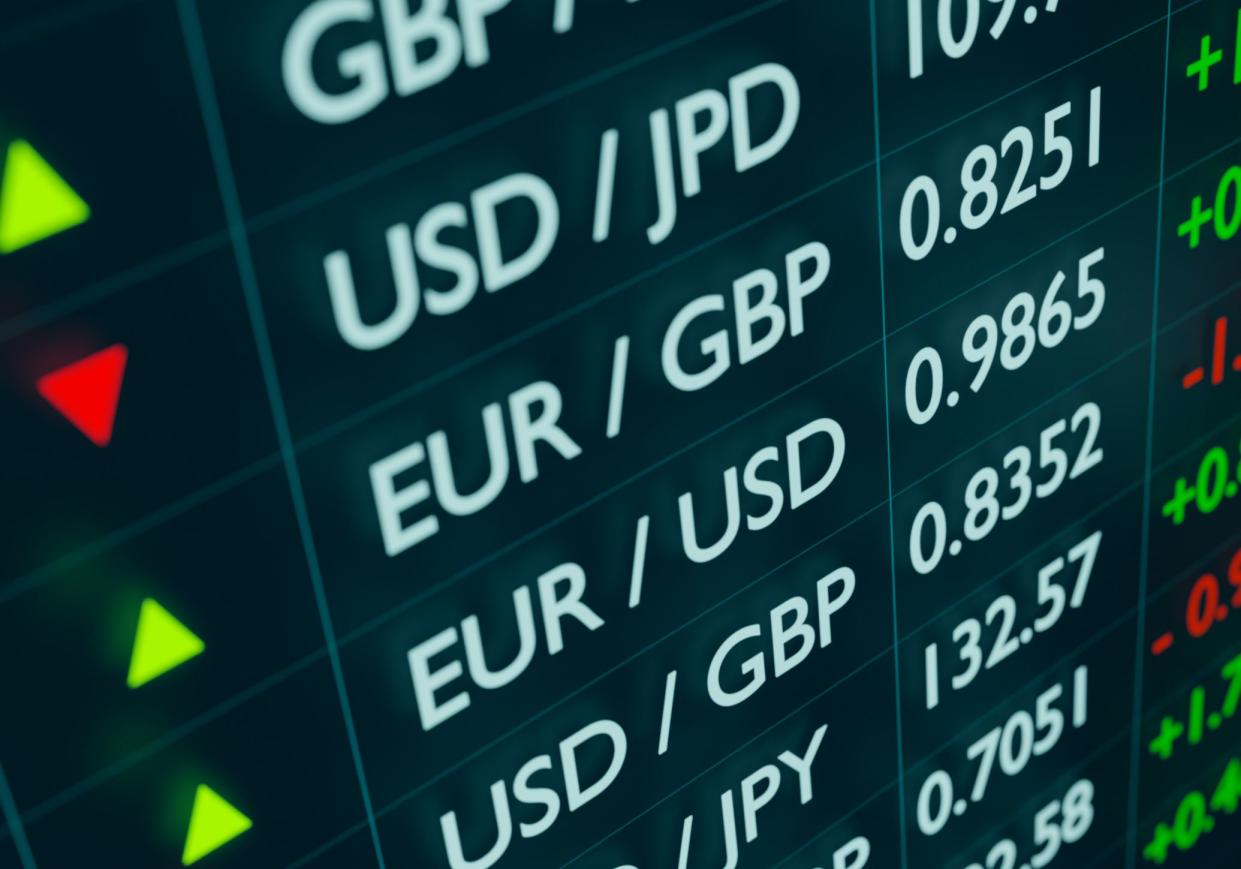5 Reasons Exchange Rates Change (& Why You Should Care)
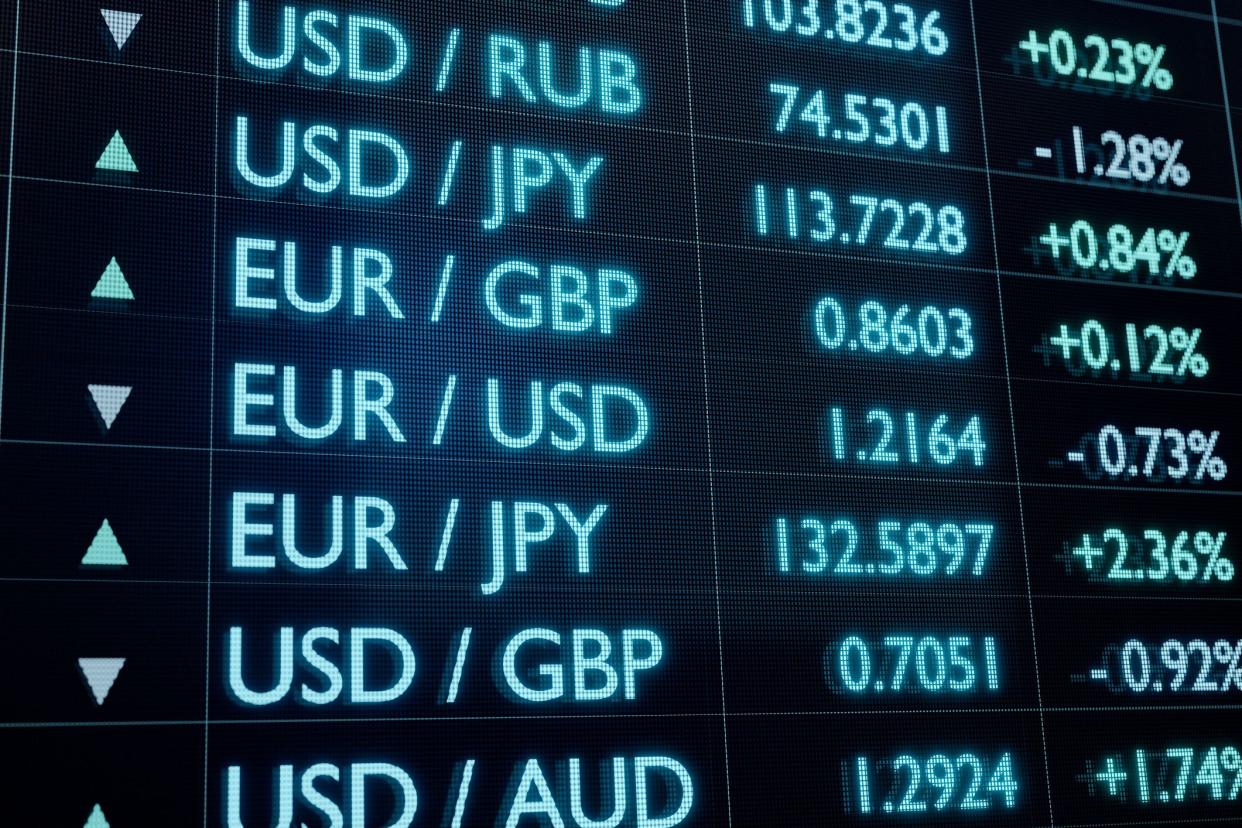
How often are exchange rates updated?
Tracking exchange rates is a good idea for anyone who regularly sends money transfers. When you convert money from one currency to another, the bank or specialist currency exchange provider you’re working with determines the amount you send or receive based on the current exchange rate.
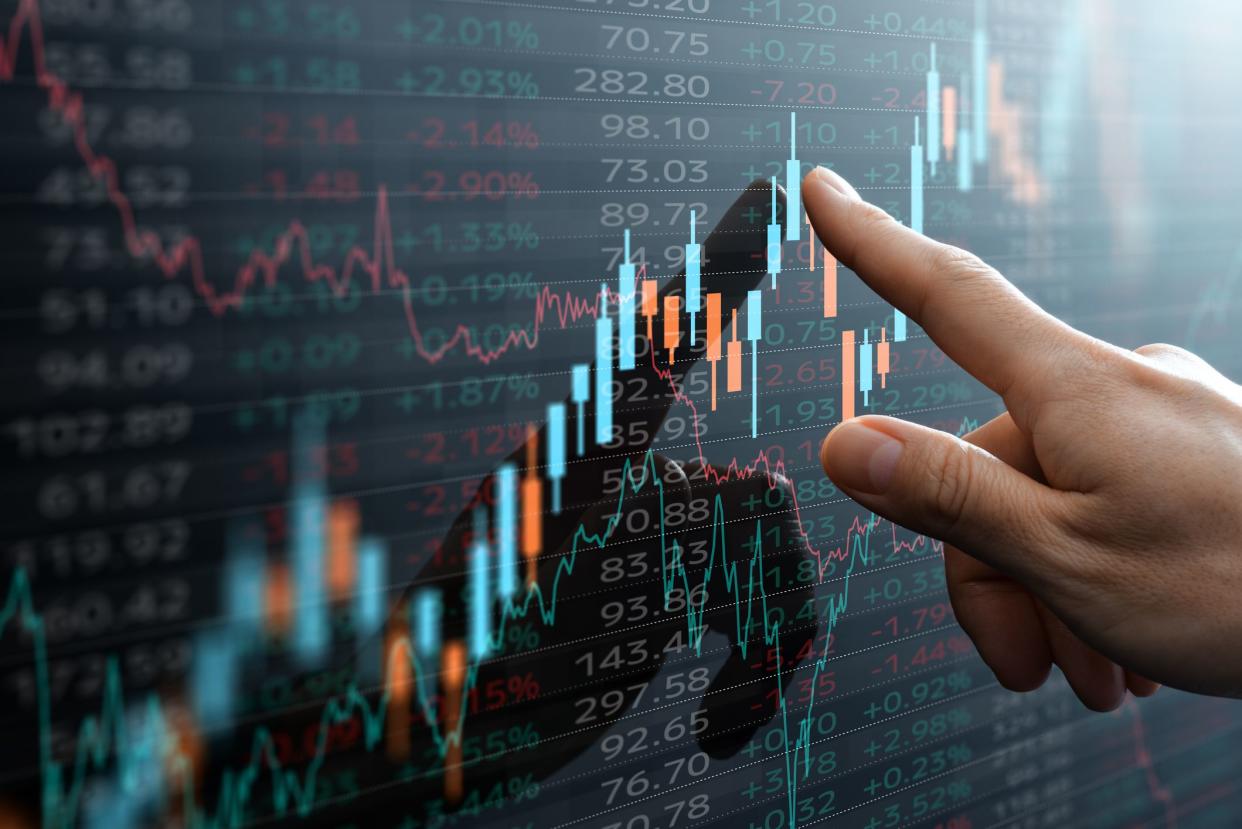
How often do exchange rates change?
Exchange rates are constantly changing. Unlike a fixed price tag, they are dynamic and can go up or down throughout the day, even by the minute or second.
Here’s how exchange rates are determined: Supply and demand in the global foreign exchange market—where traders buy and sell currencies based on several economic factors—decide exchange rates. Think of the process like an auction. The more people want a particular currency, the higher its price (exchange rate) goes. If there’s less demand, the price goes down.
While rates fluctuate constantly, banks and money transfer providers typically set closing exchange-rate benchmarks daily. These are reference points used to show the value of one currency against another at a specific time. This means you’ll see a specific exchange rate associated with a particular day.
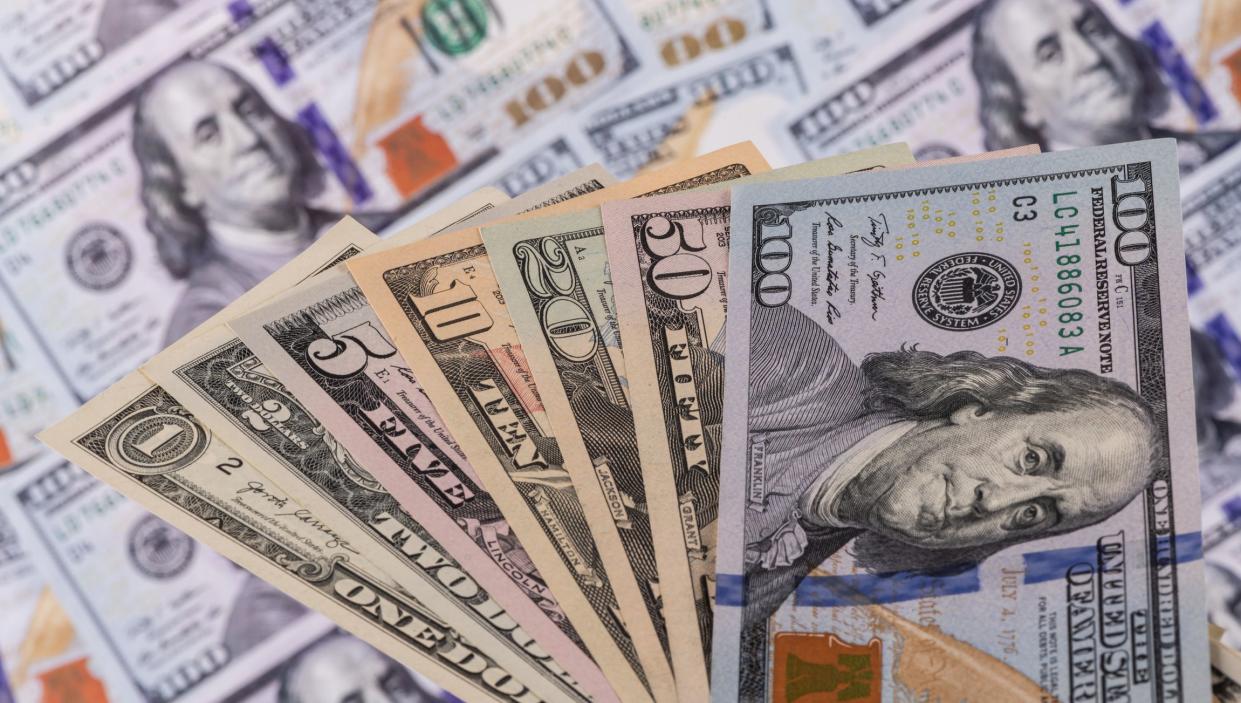
What causes exchange rates to change?
There are several causes for exchange rates to change. Supply and demand, interest rates and inflation, news events and policy changes, and even speculation impact their changes. Let’s look at these factors more closely to understand how they can affect exchange rates.
Supply and demand for goods and services
Net exports: Countries with a consistent surplus in their trade balance (exporting more than importing) often see increased demand for their currency. Foreign buyers need it to purchase their goods and services, leading to increased value.
Net imports: Countries with a trade deficit (importing more than exporting) may experience devaluation in their currency as they need to sell more of it to gain foreign goods and services.
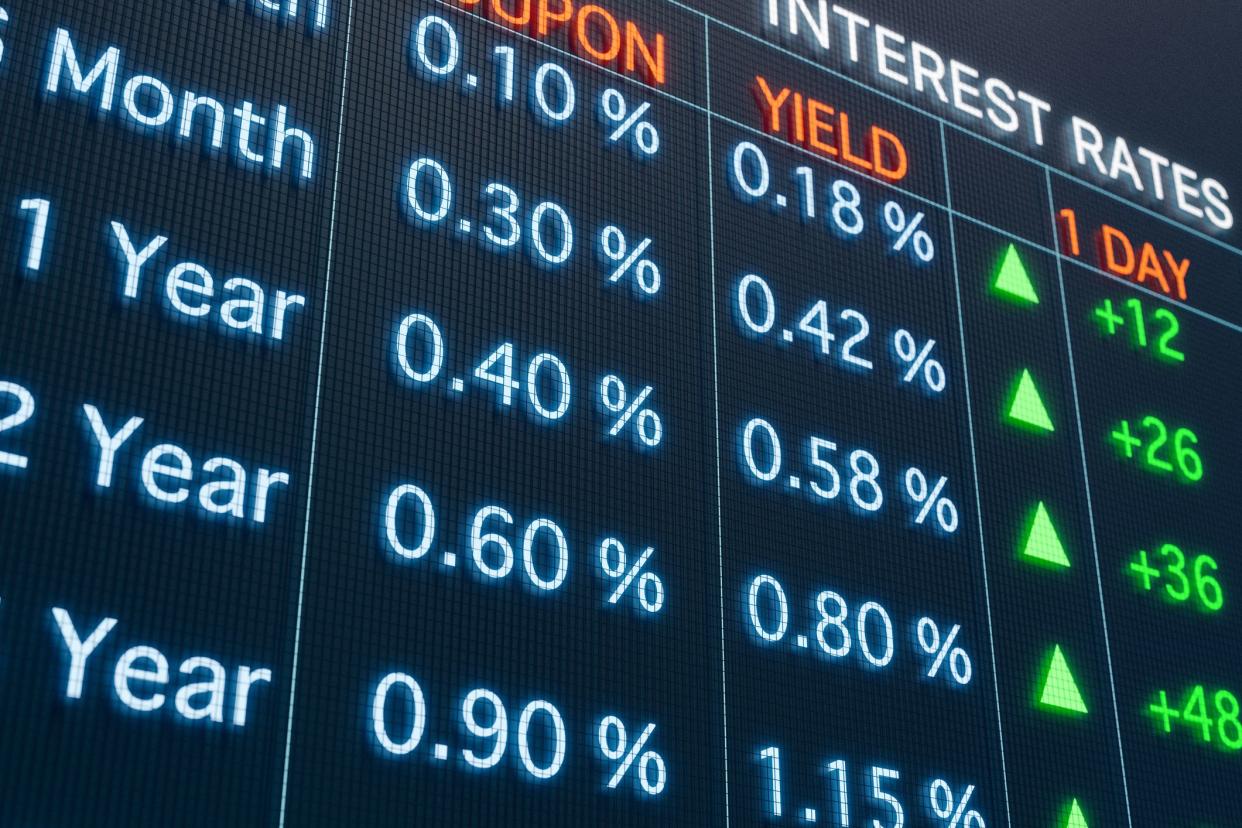
Interest rates
Higher interest rates: When a country raises its interest rates, it offers a higher return on investments purchased in its currency. This attracts foreign investment, increasing demand for the currency and leading to increased value.
Lower interest rates: Countries with lower interest rates offer fewer incentives for foreign investment, leading to decreased demand for their currency and potential devaluation.
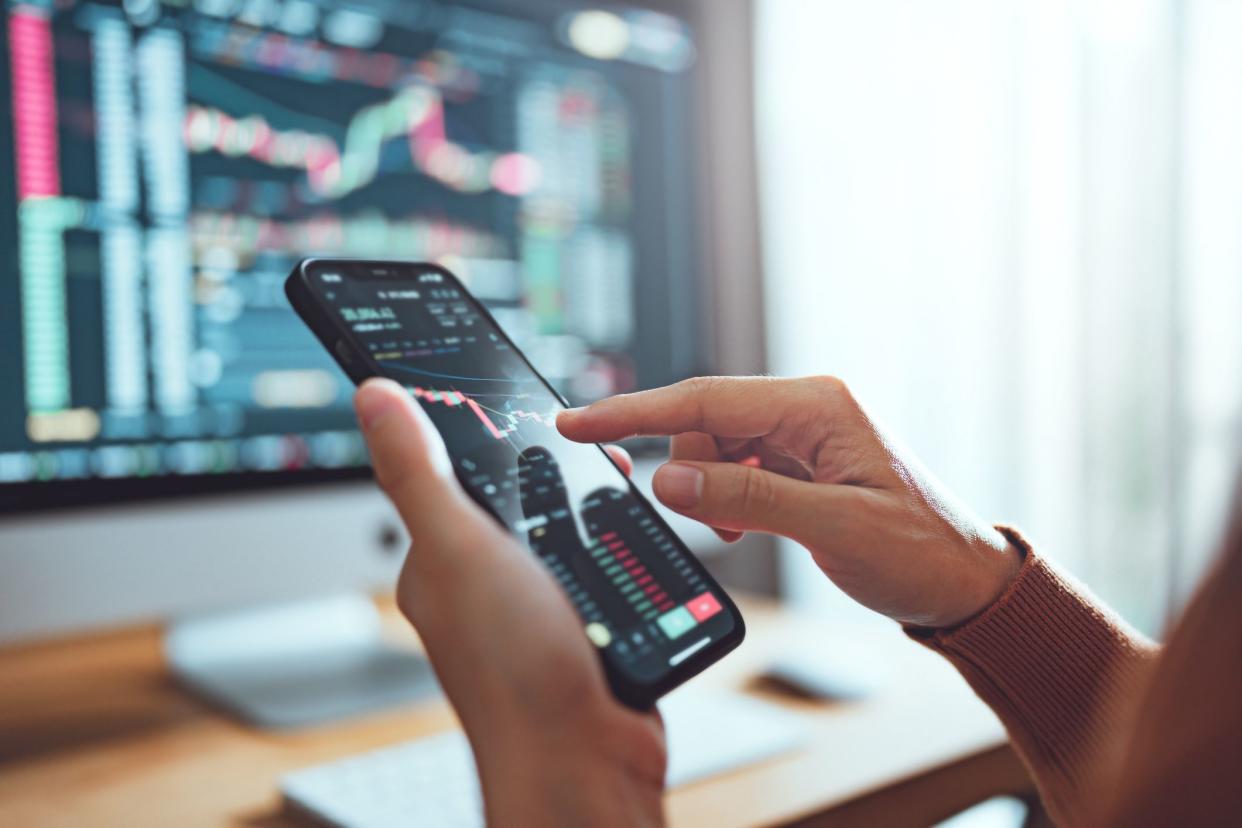
Economic performance
Stronger economies: Countries with robust economic growth, stability, and low inflation tend to have in-demand currencies, which leads to increased currency value. Investors may see strong economies as safe havens for their investments.
Weaker economies: Countries with economic struggles, high inflation, or political instability often experience currency devaluation due to decreased demand from investors seeking stability.
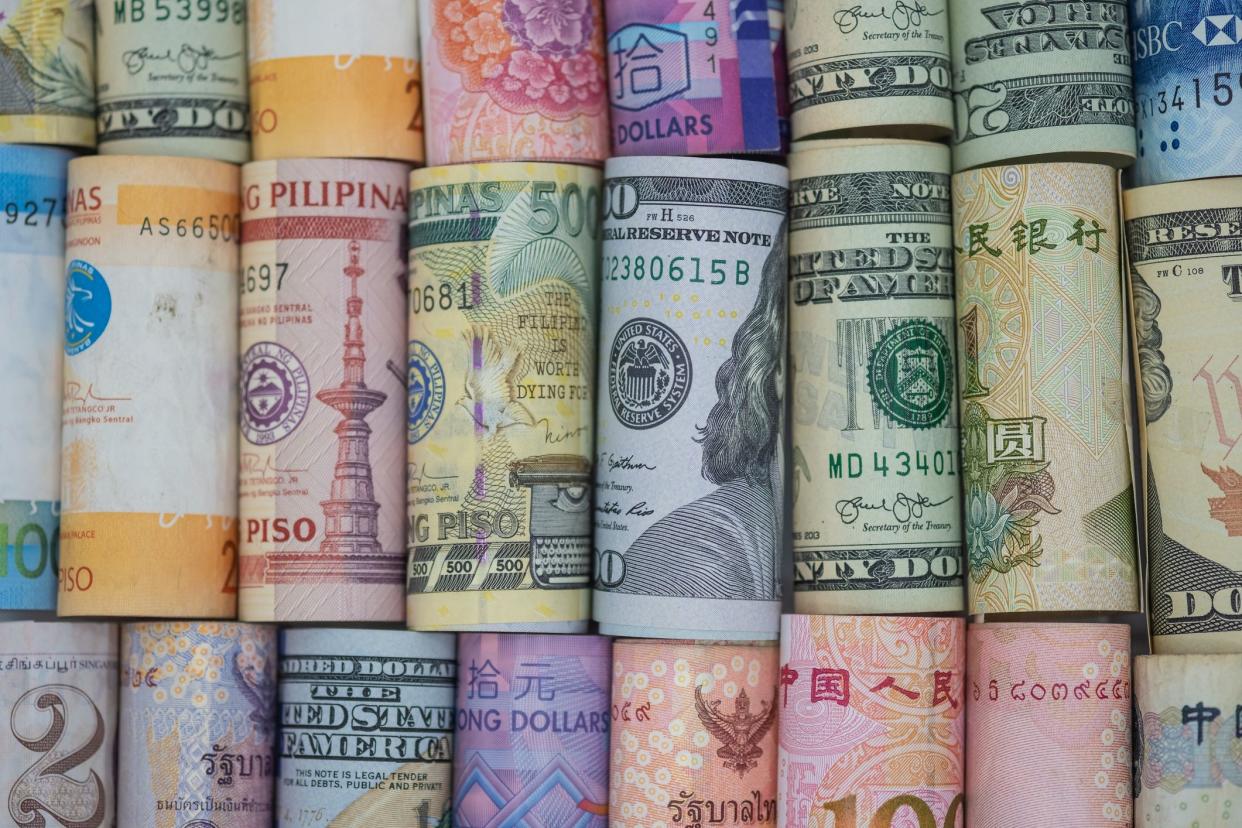
Political climate and policy changes
Political stability: Countries with stable political environments and strong economic policies are generally viewed as more reliable and secure, attracting investment and causing their currency value to grow.
Political uncertainty: Political instability, social unrest, or unpredictable policy changes can prevent investment and lead to a currency losing value as investors become worried about risk.
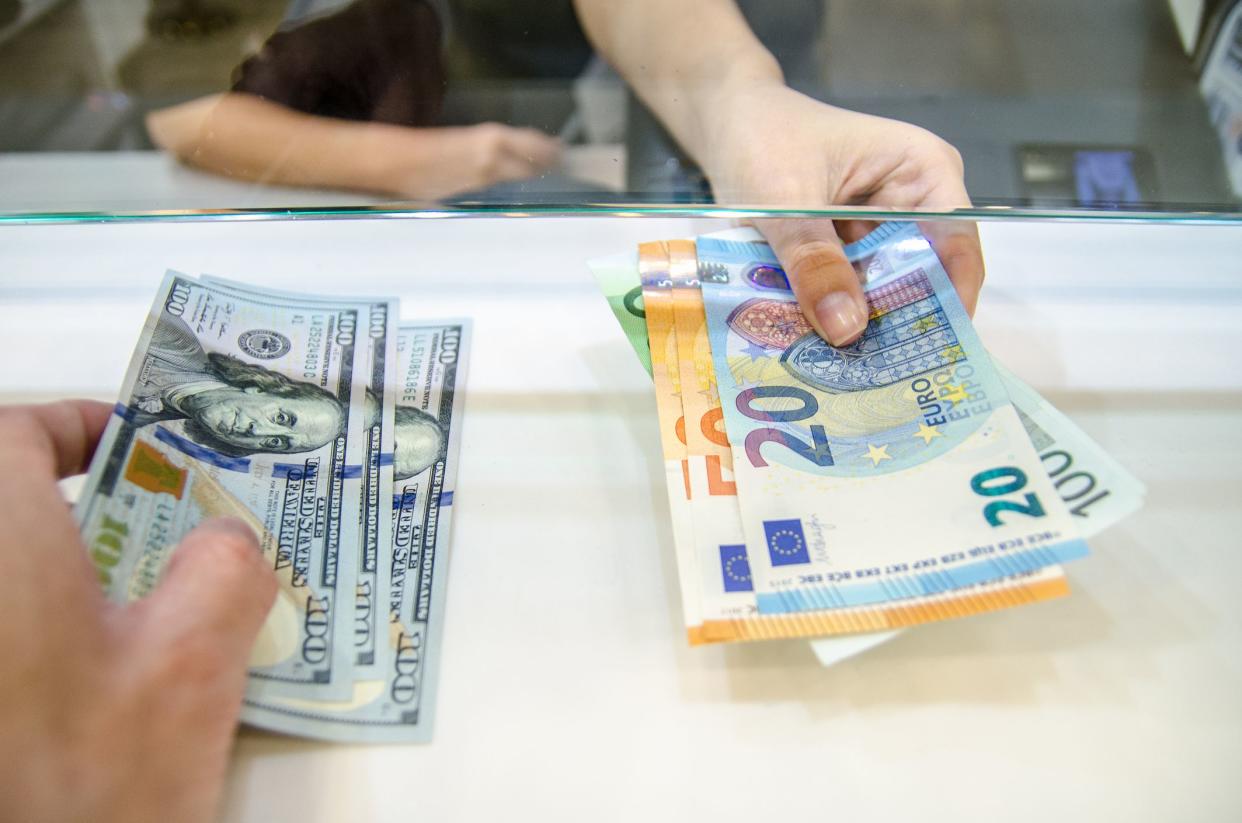
Speculation and market sentiment
Market psychology: Investor sentiment and expectations can impact currency valuations. If traders anticipate a currency to grow in value, they may buy it in advance, increasing demand and value.
Unexpected events: Major news events like natural disasters, political upheavals, or global economic crises can create market volatility and cause sudden shifts in supply and demand for specific currencies.
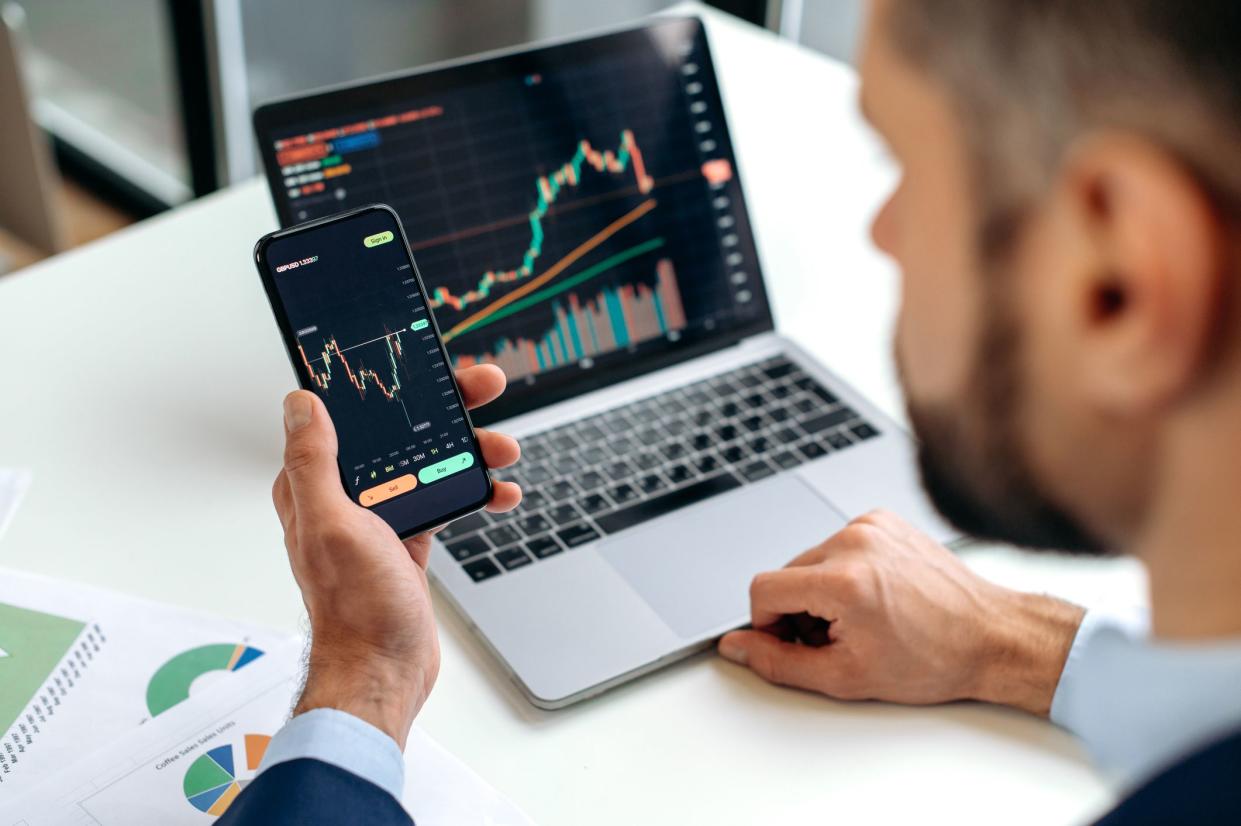
Why you should track exchange rates
Exchange rates can fluctuate significantly, which can bring uncertainty to your finances. Tracking exchange rates, especially if you regularly make cross-border payments, can help you manage your money more effectively. Here are three reasons why it’s a good idea to track rates.
1. Get the best value for money
Exchange rates move up and down over time, and if you’re not tracking them, you could end up paying more for your money transfer than you need to. By keeping an eye on exchange rates, you can ensure you’re getting the best currency conversion deal.

2. Enable effective budgeting
If you’re sending regular money transfers, it’s important to have a good understanding of how much they will cost. By tracking exchange rates, you can get a better idea of how much your money transfers will cost and budget accordingly. This can help you avoid any surprise costs and ensure you have the funds available to cover your money transfers. Remember, additional fees from the service provider may apply.
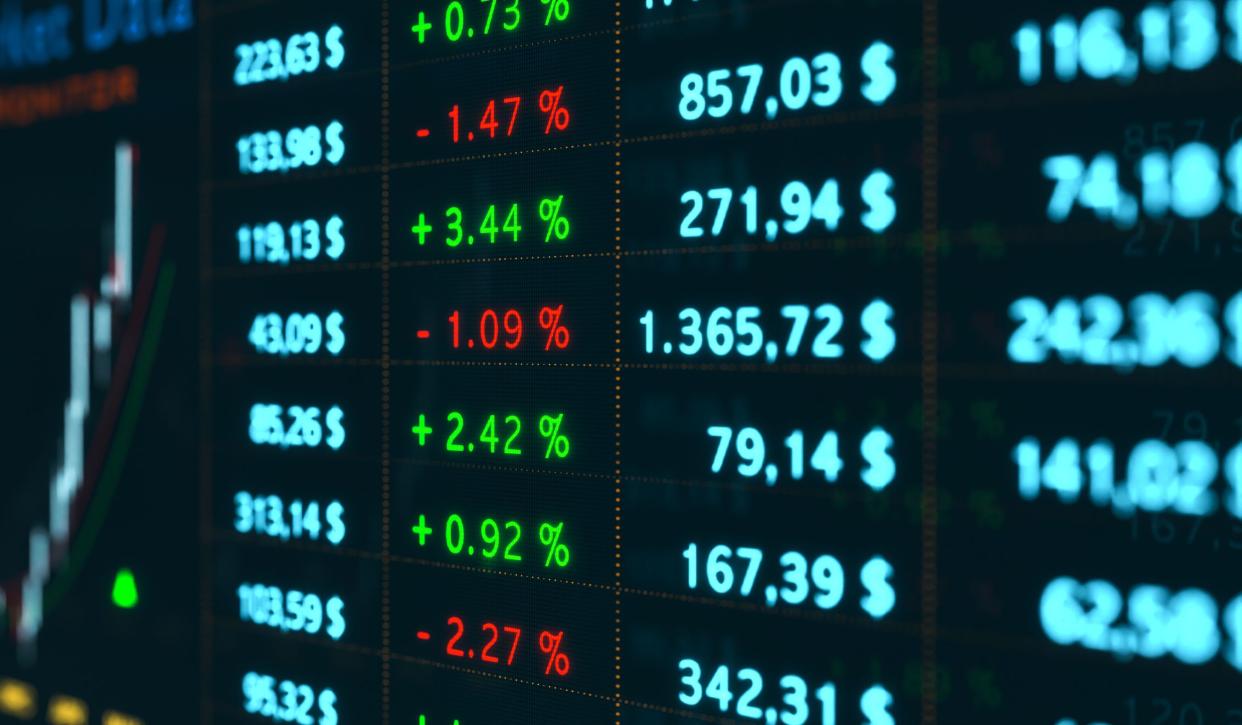
3. Make informed decisions
Exchange rates can be influenced by a range of factors, including economic conditions such as interest and inflation rates and political events such as wars or changes of government. By tracking exchange rates, you can stay up to date on these factors and make informed decisions about when to send your money transfers. This can help you minimize any potential risks, avoid exchange losses, and ensure that you’re making the most of your money.

What are the potential consequences of not tracking exchange rates?
The consequences of not tracking exchange rates can be significant. If you don’t pay attention to exchange rates, you could end up paying much more for your money transfer than you need to, which can eat into your profits, stretch your budget, or impact the amount of money you can afford to send home. If you aren’t aware of the trend in exchange rates, you could also miss out on opportunities to limit costs by sending your transfers at the right time.

How to track foreign currency exchange rates
There are many resources available for finding exchange rate information. You can check the website of your bank or money transfer provider, as they often provide up-to-date exchange rate information.
You could also use other online currency conversion tools, such as Google’s currency converter, or check the exchange rates on financial news websites. Be aware that these sites will give you a good reference point for the current exchange rate but may not be the same as the rate a money transfer provider will offer you.
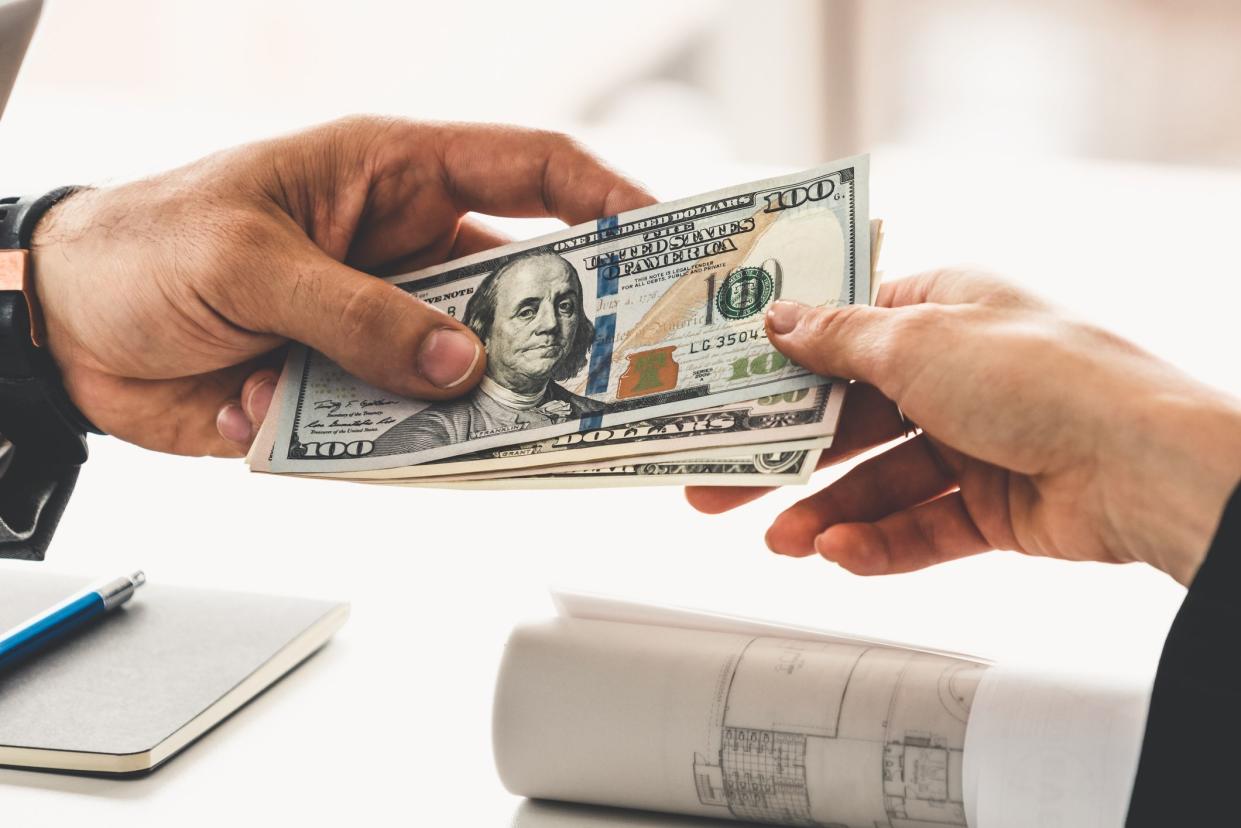
FAQs
Do exchange rates change daily or hourly?
Exchange rates constantly go up and down, fluctuating any number of times throughout the day. This shift reflects the always-changing supply and demand for currencies in the global foreign exchange market. Imagine it as a giant marketplace where each currency’s value is constantly negotiated based on several economic factors.
What time of day is the best exchange rate?
Pinpointing the absolute “best” time to exchange currencies is nearly impossible. Rates are constantly in flux, influenced by things like real-time market sentiment and economic news. Your best bet is to monitor exchange rates closely before your transaction and choose a day or time when the rate is favorable for your needs.
Do currency exchange rates change on weekends?
Currency exchange rates don’t take weekends off. The foreign exchange market operates 24 hours a day, five days a week. This means rates can adjust even when traditional banks are closed. So, whether it’s a weekday or weekend, the value of currencies can still shift based on global market activity.
This article originally appeared on Westernunion.com and was syndicated by MediaFeed.org.
